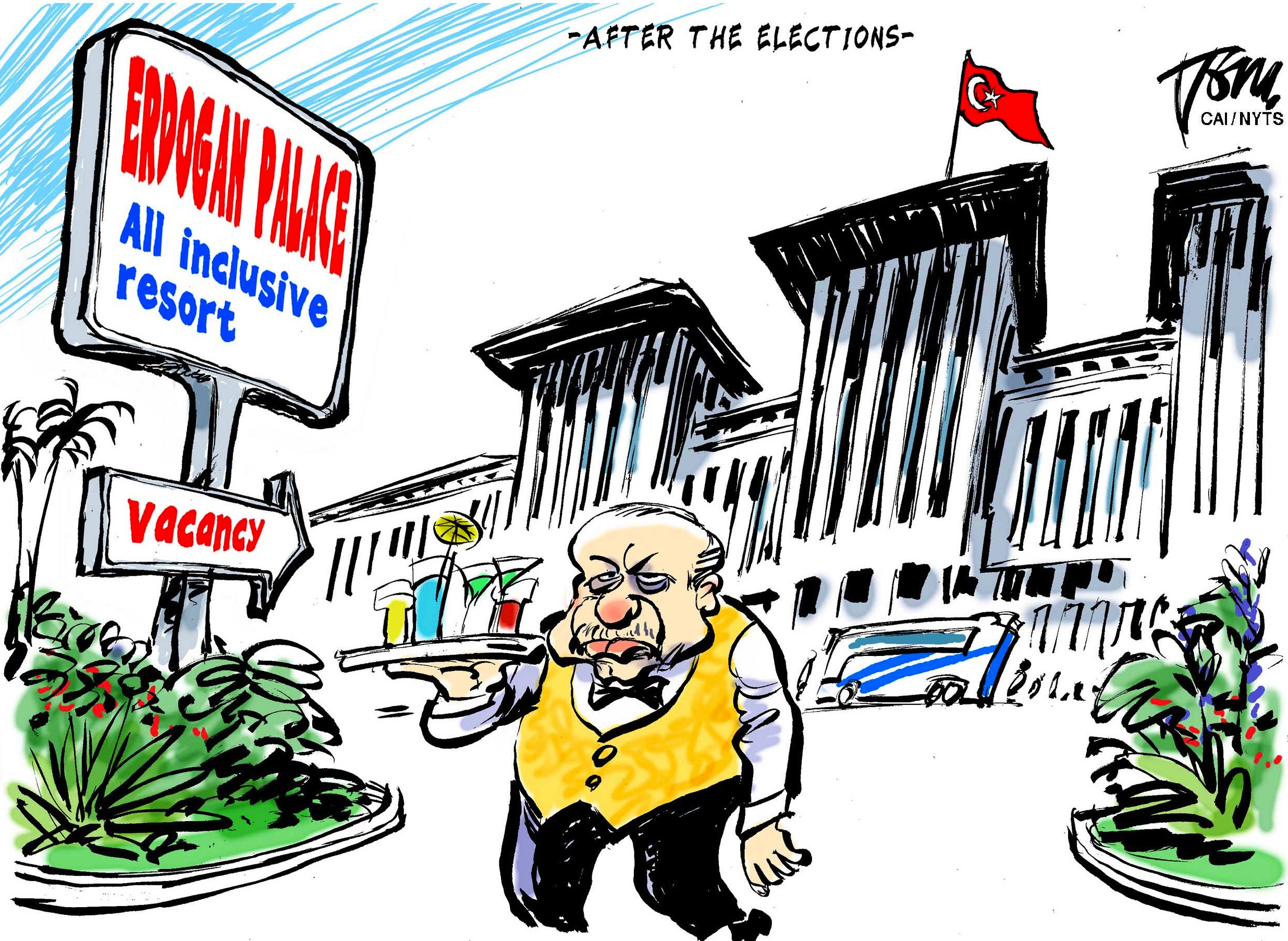So it turns out voters don't like it when you build a $600 million presidential palace. The Justice and Development Party, or AKP, led by Recep Tayyip Erdogan, lost its majority in Sunday's Turkish elections for the first time in 12 years. A new pro-Kurdish opposition party, the Peoples' Democratic Party, or HDP, crossed the 10 percent threshold necessary to get into parliament.
But it's too soon for Erdogan's enemies to start celebrating his downfall — or for democracy lovers anywhere to be entirely sanguine at this result. The AKP still won a plurality of 41 percent, much more than the next largest party, the Republican People's Party, or CHP, which got roughly a quarter of the votes. The AKP may well be able to form a coalition government or govern as a minority party. Erdogan might alternatively call new elections.
But the biggest worry is Erdogan himself. Although he won't be able to adopt sweeping new constitutional changes without a two-thirds majority in parliament, he could very well continue his efforts to strengthen the presidency within the bounds of the existing constitution. If he does that, he will chip away further at Turkey's democratic character — and maybe throw the country into constitutional conflict.



